Fiona Mavhinga, Executive Advisor for the CAMFED Association
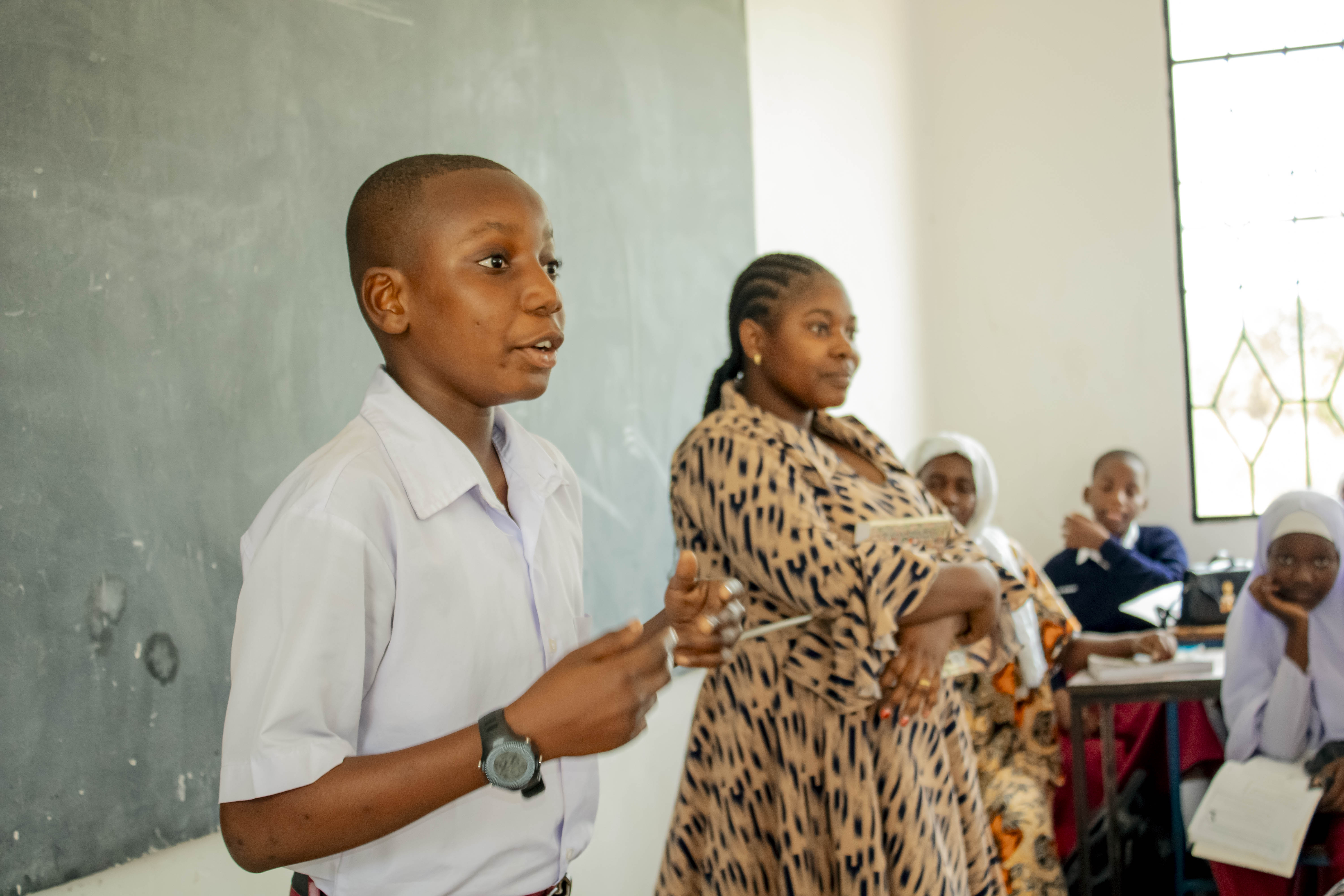
Why ‘big sisters’ matter
I'm Debora, a Learner Guide and school Matron in Tanzania. Once a vulnerable girl myself, I mentor students in Tanzania, helping them stay safe, stay…
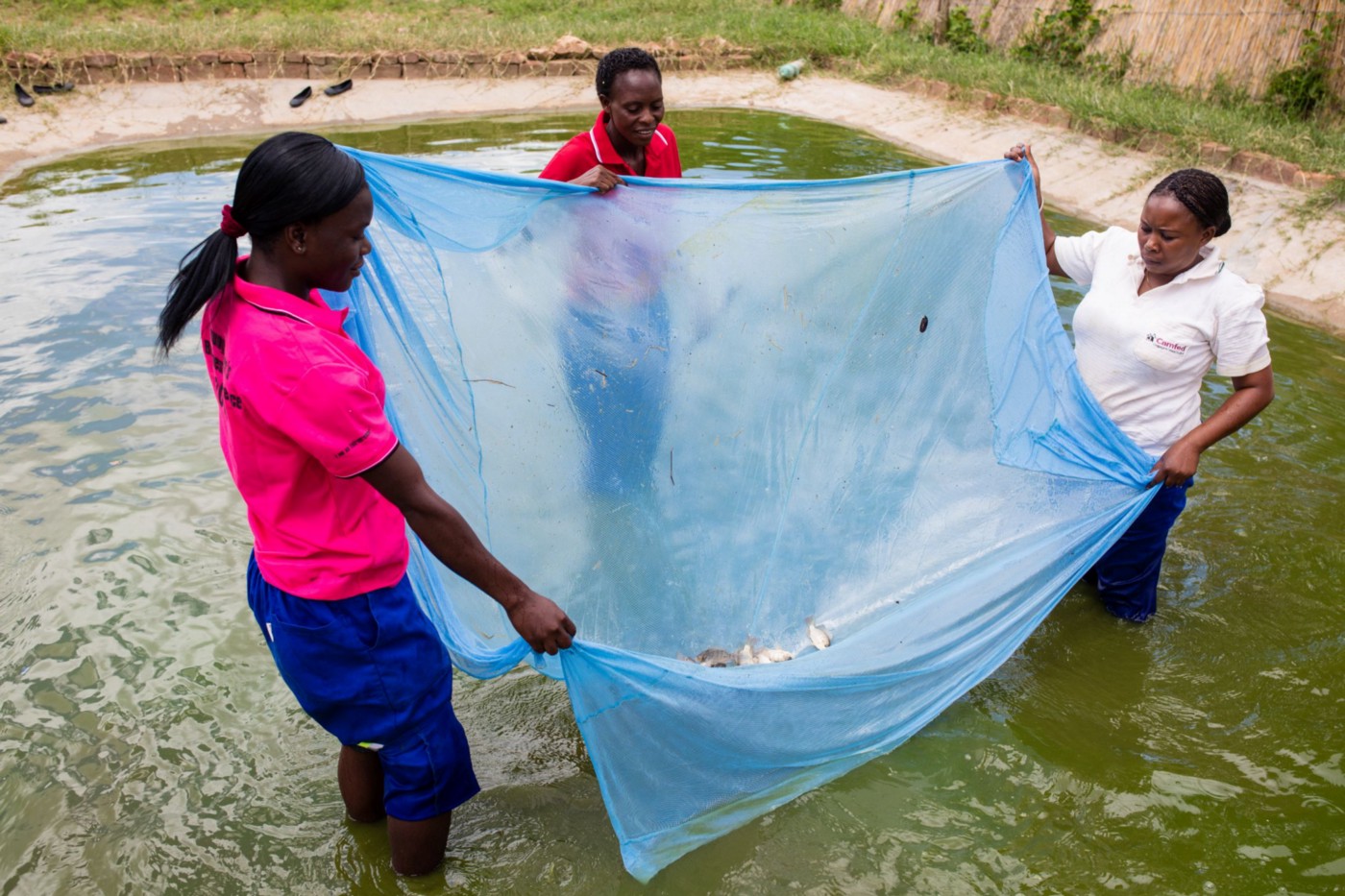
Fiona Mavhinga, Executive Advisor for the CAMFED Association
But consider what usually lies ahead for graduates from impoverished families.
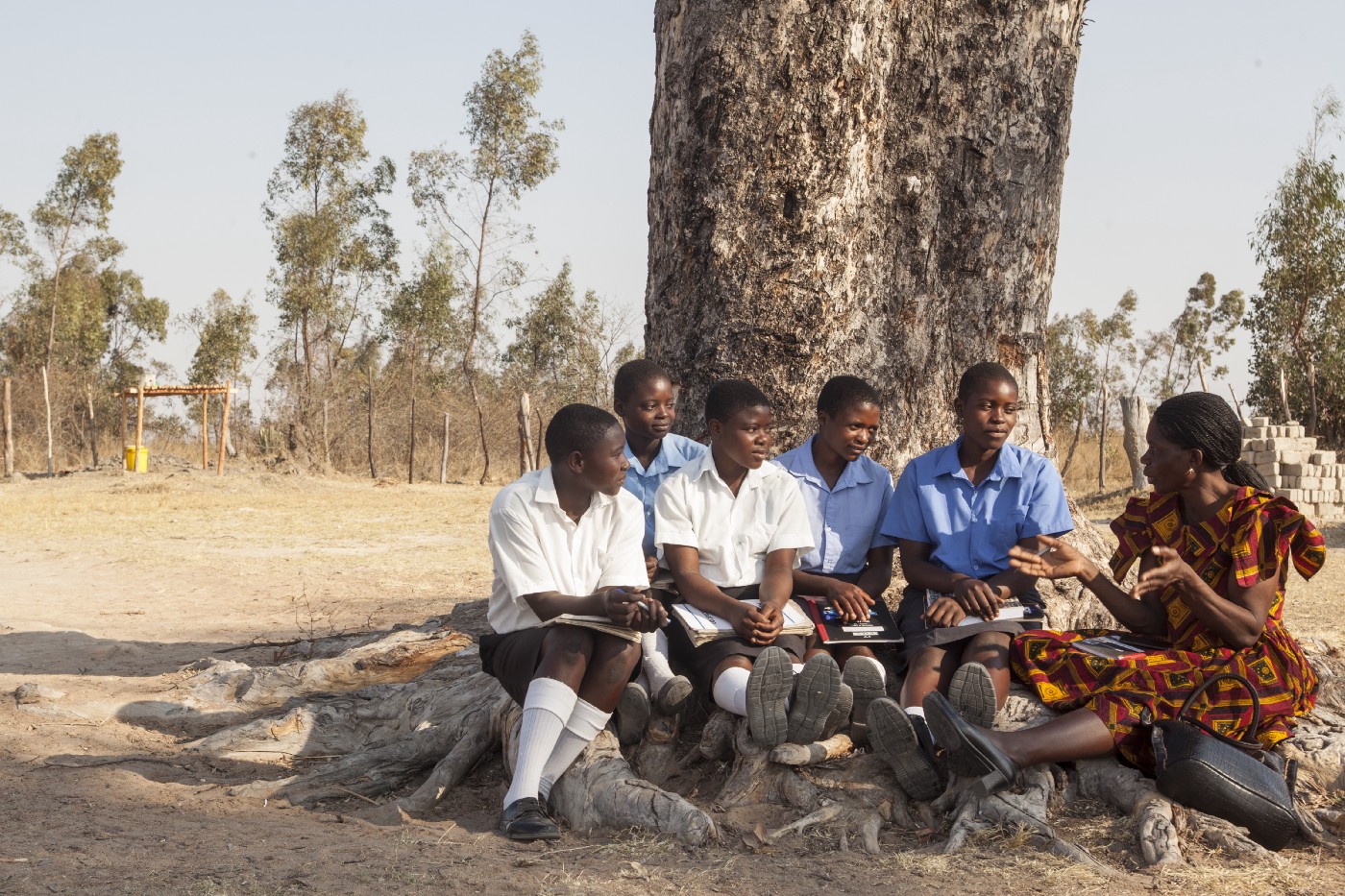
After school, young women in rural Zimbabwe face an uncertain future. Transition support is vital. Photo: Camfed/Jon Pilch
Overnight the structure in their lives that school brings is gone. There are no jobs, and few resources to invest in further learning. No clear ways to capitalize on the education they’ve just worked so hard to earn. Their only decent clothing is their school uniform, but they can’t wear that anymore. And with it goes their identity.
Meanwhile, the weight of expectation is immense. Young women feel they should start contributing to their families, and communities want to see something back from the education they received. There may be little or no other income in their households, and there may not even be enough food in the home to last the rest of the week.
The pressure these young women face is intense.
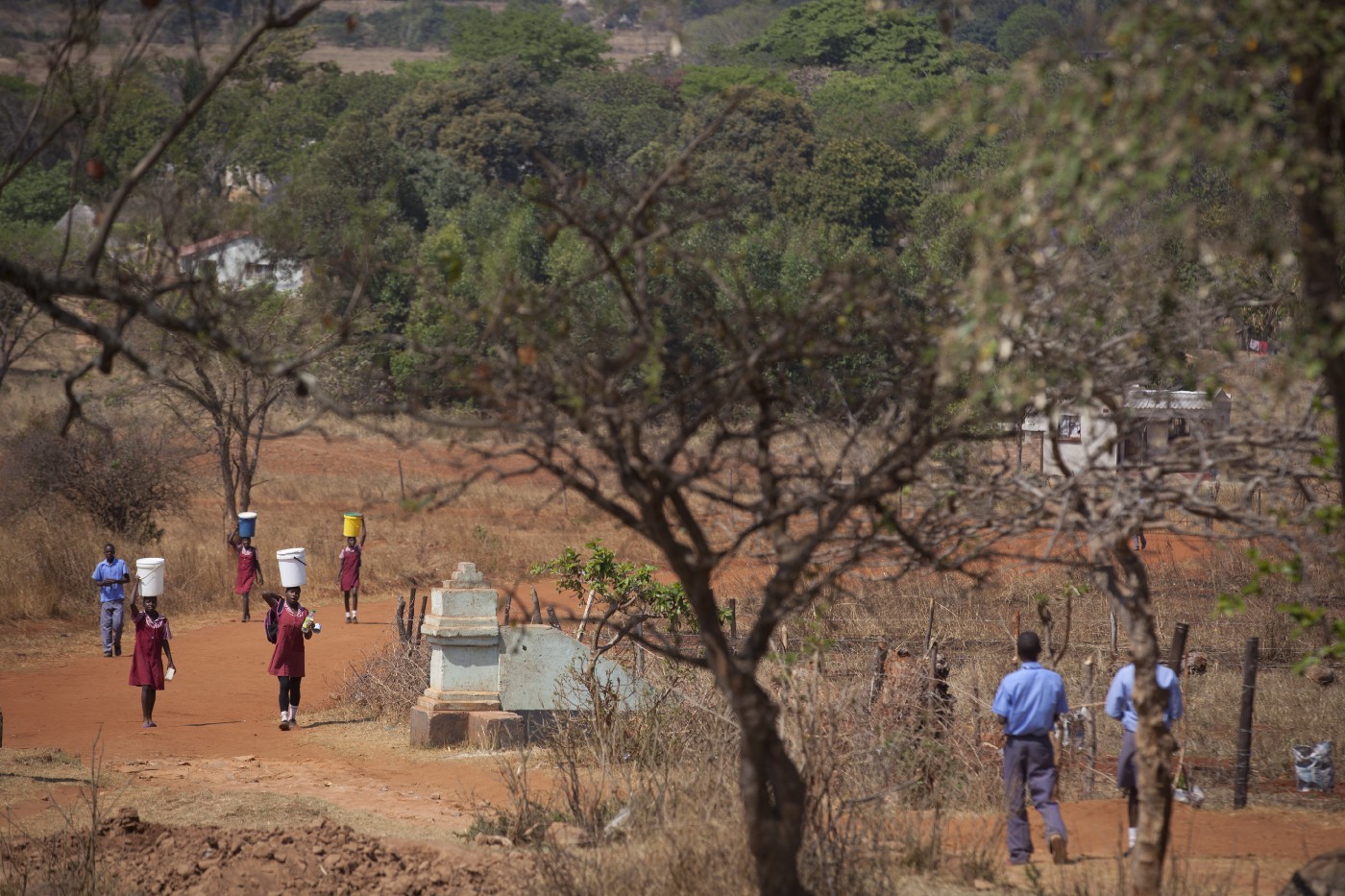
A school uniform brings pride, and school brings structure, even as young women’s daily chores extend from community to school. Photo: Camfed/Jon Pilch
They might opt for the ‘easy’ way out — marrying to try and bring the dowry (some money, or livestock) into the home, while lessening the burden of responsibility on their families. But it’s a short-term response that carries with it the risk of early pregnancy, contracting HIV/AIDS, a short, hard life of servitude, and the perpetuation of the cycle of poverty.
These young women are the future. They’re bright, ambitious and full of hope. But they need guidance and support to secure a safe transition to a secure adulthood. Luckily the answer to ‘what next’ was developed by their peers.
Girls who graduate with Camfed’s support join an incredible 55,000-strong pan-African alumnae network called CAMA. Already there are more than 25,000 of us in Zimbabwe alone. CAMA provides the peer support young women need to overcome their isolation and access the resources to become independent.
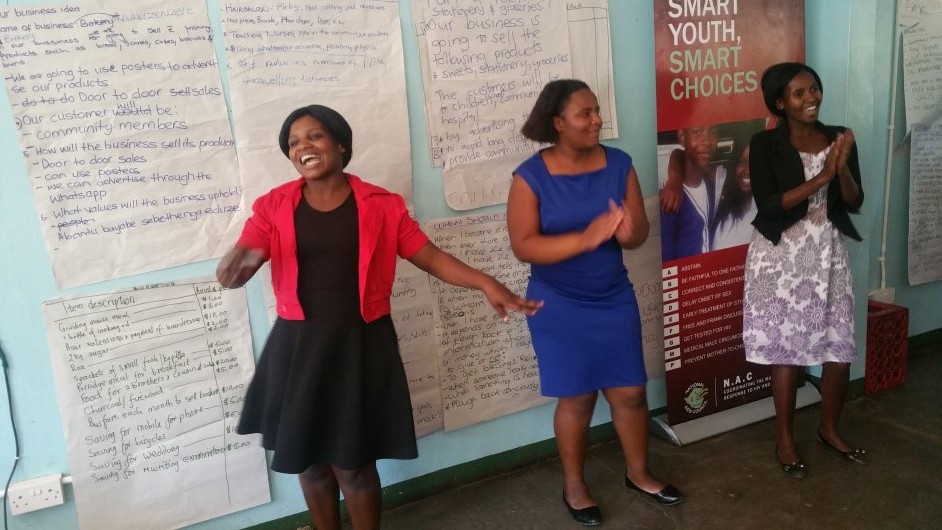
CAMA’s experts in Lupane district last week, training Transition Guides on how to develop business ideas with new graduates.
CAMA has developed a holistic six-month Transition Program, which supports graduates through this critical period. A huge part of the Transition Program is focused on supporting entrepreneurship. Creating their own opportunities through starting small businesses is one of the best ways young women in rural areas can take control of their future, generating an income that allows them to plan for new pathways. The program helps the young women develop business ideas, learn how to manage businesses, and how to budget, save and borrow.
Last week, 35 CAMA entrepreneurs and experts trained 1,800 of their CAMA peers as “Transition Guides”. Each will mentor 10–30 graduates in their local community, providing well being support, sexual and reproductive health training, knowledge and skills development, financial guidance, and pathways to employment. In Zimbabwe this month, we are starting out on this post-school journey with every single one of the 11,800 who are graduating with Camfed’s support.
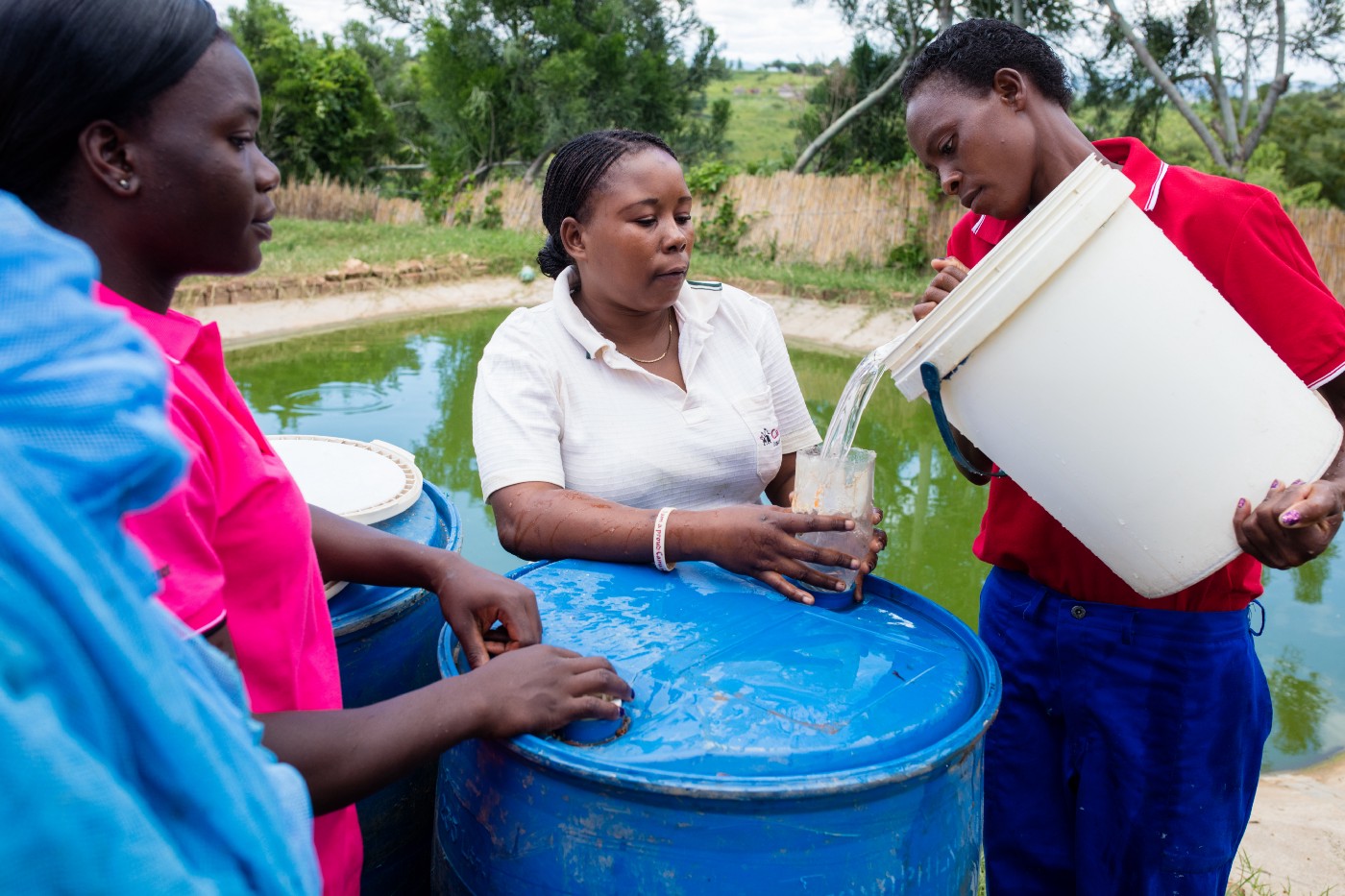
Netsai (middle) and her sisters Ericah (left) and Beauty (right) run a successful and unique Tilapia fish farm. Camfed alumna Netsai provides entrepreneurship training to our alumnae network’s “Transition Guides.” Photo: Brandon Smith
CAMA member Netsai Magadu is one of these 35 experts — an entrepreneur who has seen the immense benefit support like this can bring. With the right guidance she and her sisters became business pioneers, running the very first — and successful — fish farm in their District in Zimbabwe. Netsai’s mentor showed her what the future could look like for her business, mapped out a pathway to success, helped her build skills and knowledge, and facilitated external training with the Ministry of Women Affairs. Above all, her mentor made her believe in herself. Now she even earns money teaching fish farming skills to others.
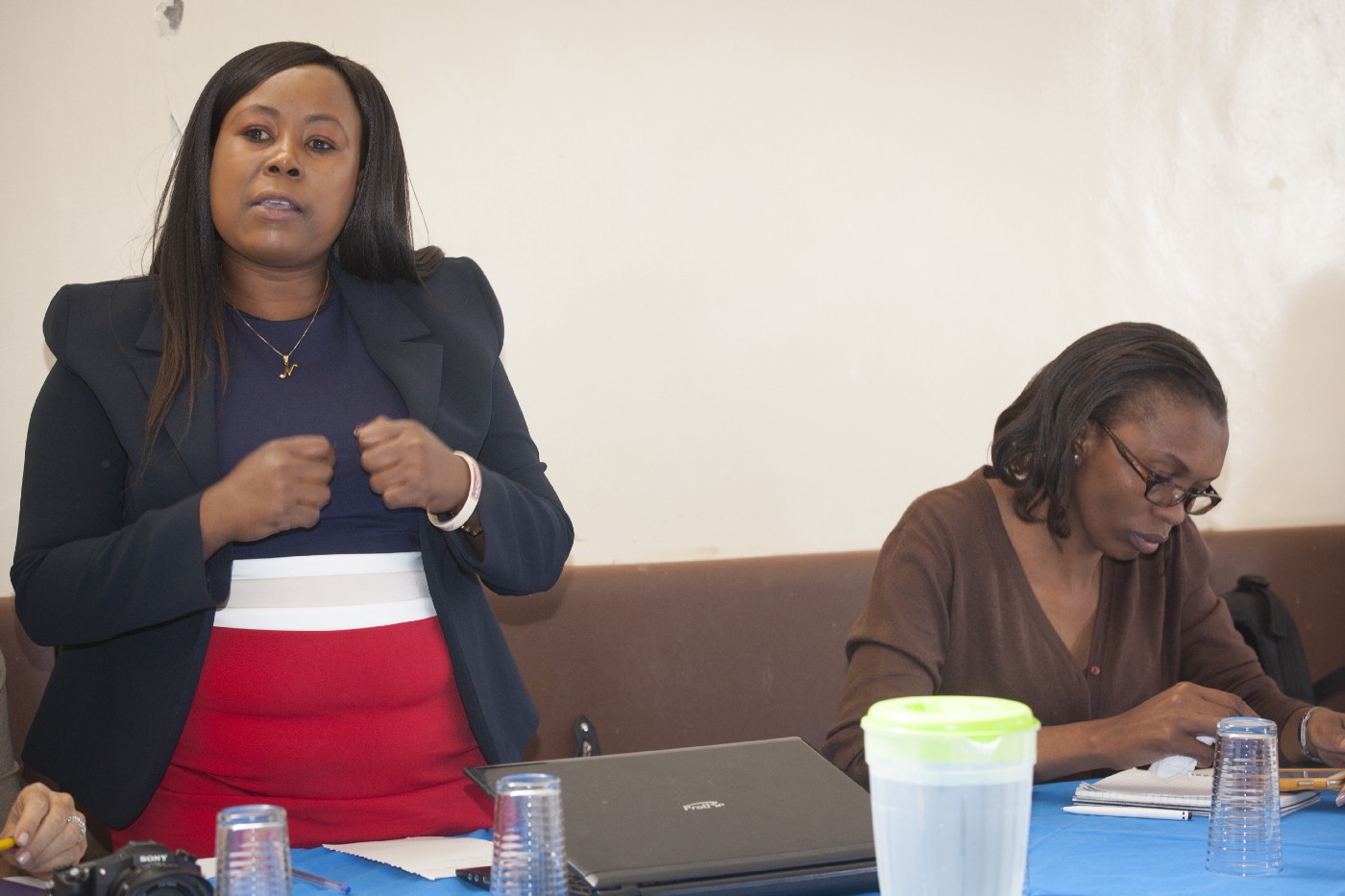
Netsai sharing her business and life experience, which has transformed the furture of her family and community.
Changing my mindset was key. Quite simply, I did not believe I could go this far. I cannot change the direction of the wind, but I can adjust my sails to always reach my destination.
Netsai Magadu
Netsai’s story is one of thousands of stories of hope for young women entrepreneurs. She has transformed her own future, the future of her family and community, and now in her role as an entrepreneur trainer for Transition Guides, she is helping others to follow in her footsteps.
On Women’s Entrepreneurship Day, we need to celebrate these young women. Shout about them. And shine a light on what is possible. Because with the right opportunities and resources — and some strong role models — women entrepreneurs could make all the difference for Zimbabwe.
This blog was first published in the Huffington Post on 16 November 2016 during Global Entrepreneurship Week, featuring Women’s Entrepreneurship Day, #WED2016.
Fiona Mavhinga was one of the first girls supported by Camfed (the Campaign for Female Education) in Zimbabwe. She is a lawyer, and a founding member of Camfed’s CAMA alumnae network. Today she leads on the development of the CAMA network, which is projected to grow to 130,000 by 2019, as a direct result of Camfed’s investment in girls’ education.

I'm Debora, a Learner Guide and school Matron in Tanzania. Once a vulnerable girl myself, I mentor students in Tanzania, helping them stay safe, stay…
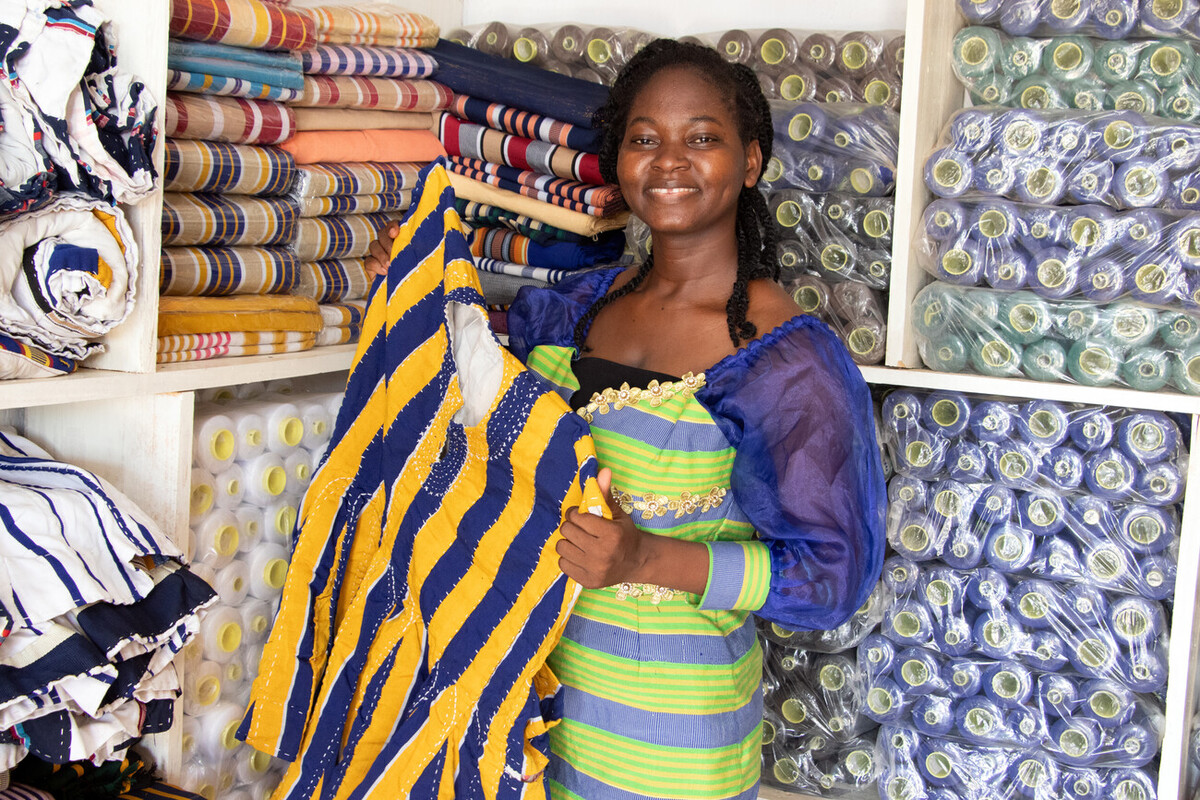
In part 4 of our blog series, ‘Crafting Change’, hear from Diana, Lydia, Veronica and Victorine about how they’re championing the previously untapped potential of…
Grace Hoel $20
Rhys Chua $31.9
Diane and David Young $42
Yuni Choi $1161
Joan Murphy £500
Rimi Haque $62.8
Acour Sxifu £13.8
Patricia Cash $21.4
Irene Garnelo £21
Sandra Dolph $12
John Hemery £26.2
Chris Teat $26.6
Ronald Dillon $25
Dana Powell $10.9
Lydia Leyland £480